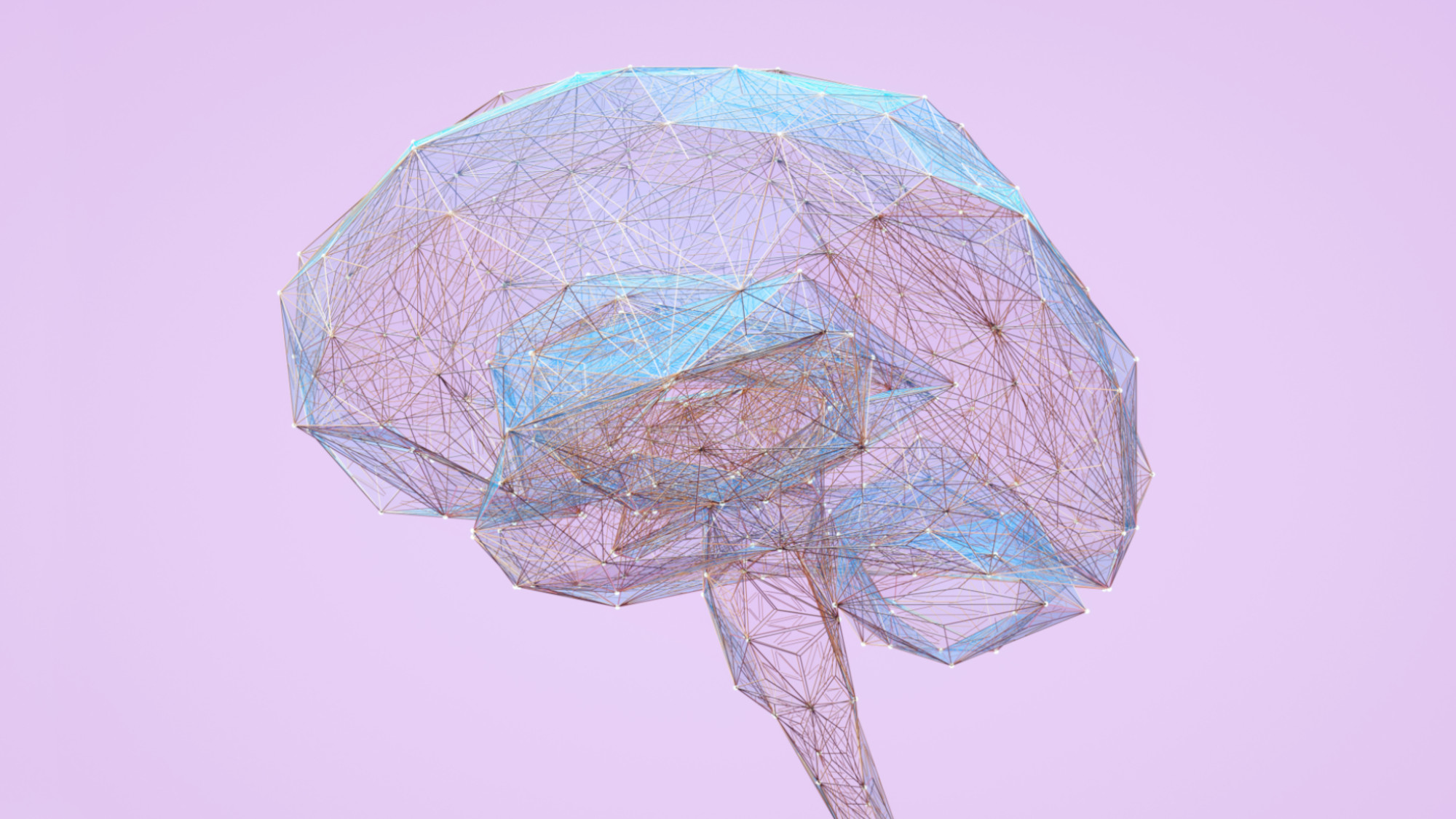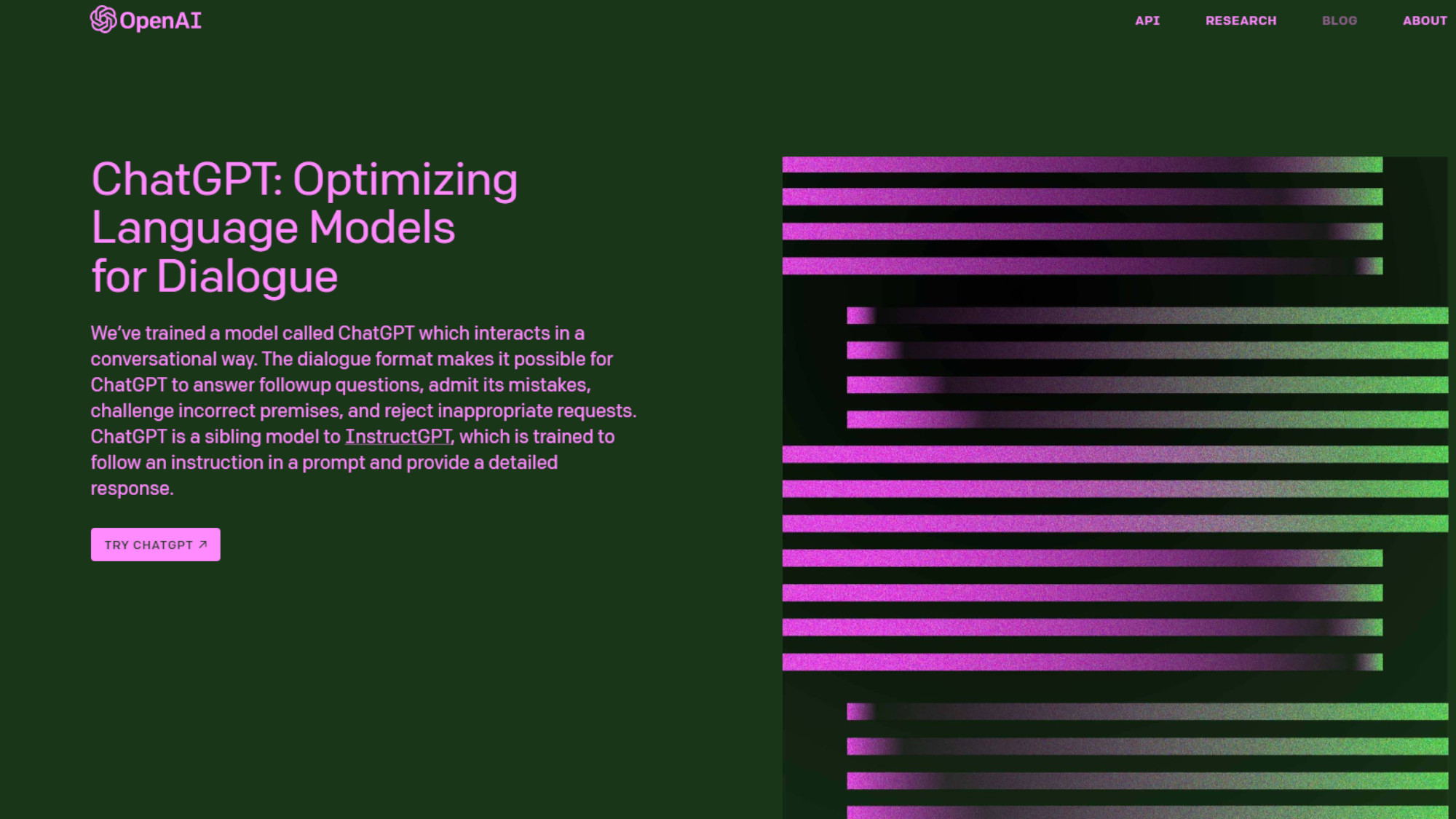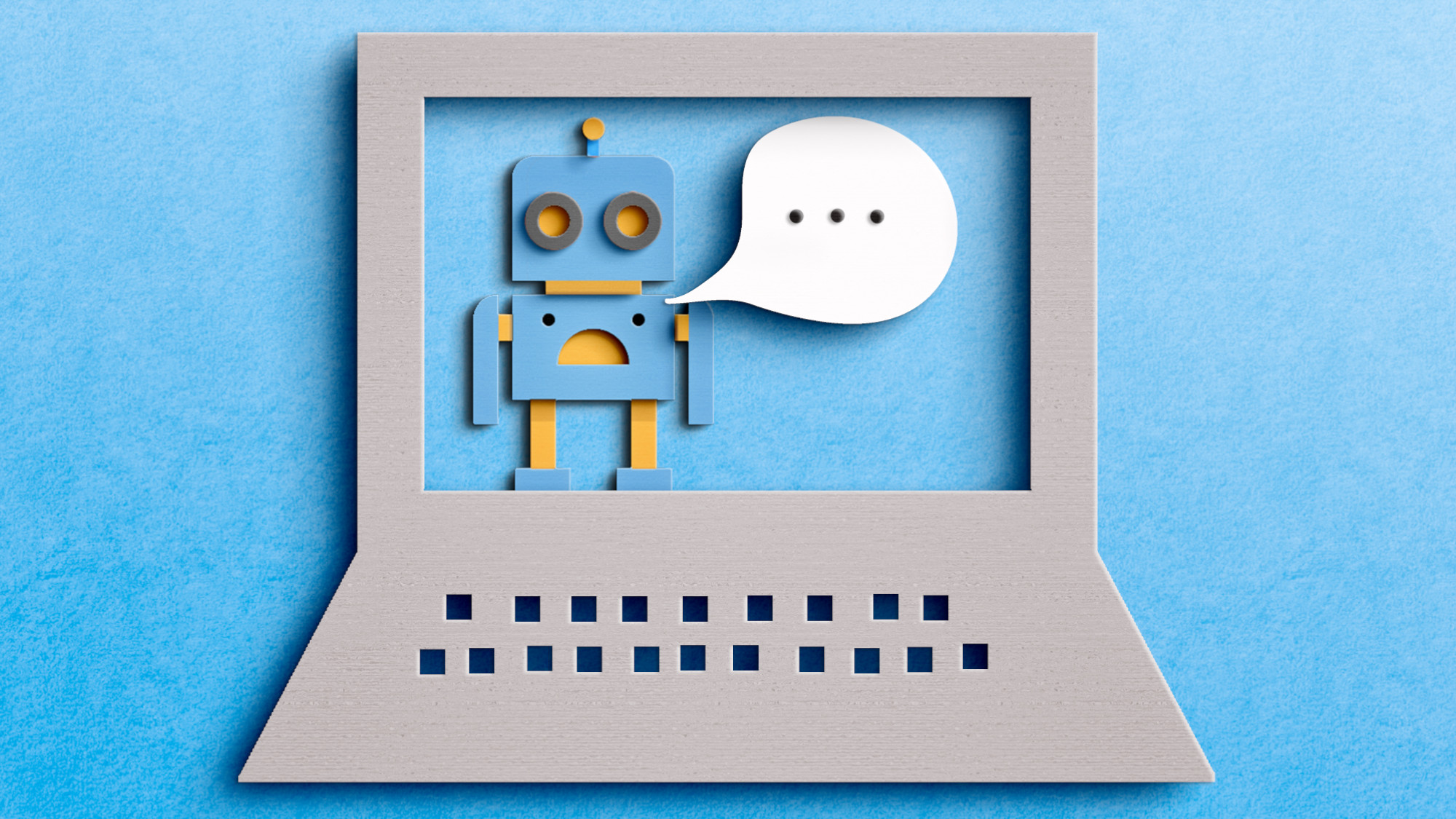ChatGPT won't make you lose your job - here's why
Opinion: The advent of AI doesn't mean redundancy

Sign up for breaking news, reviews, opinion, top tech deals, and more.
You are now subscribed
Your newsletter sign-up was successful
You may have heard of a little thing called ChatGPT recently. It’s a superb new language bot that’s not only generating incredibly life-like text for its users but seemingly pulling out intelligent responses on the fly. It’s quite simply an incredible tool - and one that opens a lot of possibilities
These possibilities, however, have raised a lot of questions too - namely, if this bot is so damn good, can it actually do my job for me? There’s a lot of debate right now amongst writers, authors, researchers, scientists, and well, just about anyone who works in an office job as to whether this tool - and AI as a whole - is a threat or not.
There’s a faint idea, or notion, that automation took all the blue-collar jobs, and now AI is coming for the white-collar ones. I don’t believe, however, that there’s much evidence for that based on how we work today.
The precedent of automation
Almost one hundred years ago, John Maynard Keynes famously predicted that increased automation and technology would lead to a 15-hour workweek.
News flash - his hopes for a utopian workplace didn't materialize - at least, not so far. Instead, we’ve roughly worked a 40-hour work week for several decades now.
In that time, we’ve seen countless innovations and iterations of technology, making work quicker and easier, and yet generally speaking, we're still clocking in the same amount of hours per week.
Why am I blathering on about long-dead economists' predictions? Basically, I think there’s a real parallel between the automation that was happening in Keynes’s day and the rise of AI right now. His predictions didn’t play out, and I don’t think the doom and gloom predictions for AI in the workplace will play out either.
Sign up for breaking news, reviews, opinion, top tech deals, and more.
ChatGPT is incredible - and here to stay

ChatGPT can be used to summarize long pieces of texts, offer suggestions, or literally write an entire piece of text covering the points you want.
If you’re unfamiliar with ChatGPT, let’s just briefly cover its incredible capabilities and how it can potentially disrupt several industries.
In technical terms, ChatGPT is what we call a ‘large language model’, although it functions kind of like a souped-up chatbot. Like with other AI generators like Dall E or Midjourney, you input a query of relative simplicity or complexity and get a generated response. In this case, unlike the image generators, it’s relying on billions of lines of analyzed text to come up with an answer it deems the most probable, based on its data.
In practical terms, ChatGPT can be used to summarize long pieces of texts, offer suggestions, or literally write an entire piece of text covering the points you want. It’s this last function in particular that has many researchers, editors, and writers thinking about the implications of its use.
Put simply, ChatGPT is getting really good at producing readable text - like really good. It’s so good, in fact, that big editorial sites like CNET have been publishing entire articles written by the AI, Science paper abstracts written by the AI have fooled researchers, and one dude literally wrote a children’s book in 72 hours using both ChatGPT and Midjourney.
Now, there are a few limitations to ChatGPT, such as repeating text, or various factual errors, but based on what it can already do, I don’t think these are strong enough evidence to dismiss it. As more text is fed into the machine, it will get more accurate, so trying to predict what it will or won't be able to do effectively seems spurious at best.
Instead, it seems like almost a certainty that we’re on the cusp of ChatGPT being omnipresent in certain industries. That said, based on how things have played out with the rise of automation, I don’t think there’s much evidence to suggest it’ll cause some huge upside-down revolution where everyone’s suddenly out of the job. Instead, it’s likely to just change how we work.
ChatGPT and Bullshit Jobs
If ChatGPT does lead to changes, there’s a precedent that points to a side-step in the way we work, rather than an outright revolution
When I read the fuss about ChatGPT, I’m reminded of several points in the 2018 book Bullshit Jobs by the anthropologist David Graeber. In this work, Graeber looks at the changing nature of the workplace over the last few decades - particularly how the workplace has changed in the post-automation age.
We won’t go too in-depth into the arguments here (it’s well worth reading the book for that), but the general gist is that we’ve essentially created different kinds of jobs for ourselves as more and more menial work has been automated.
Simply put, instead of kicking it back and enjoying the fruits of automation with a 3-hour work day, we’ve side-stepped into different roles - which Graeber has labeled ‘Bullshit’.
Again, it’s not the time for an in-depth exploration of whether the modern jobs we work are ‘bullshit’ or not, or whether they have any kind of integral value for society, but I do think it’s an interesting point of thought in regard to ChatGPT.
Let’s say if ChatGPT does lead to changes, there’s at least an argument (and potentially a precedent) that points to a side-step in the way we work, rather than an outright revolution. In Graeber’s case, he makes direct reference to Keyne’s predictions of a 15-day workweek and how automation in the 20th century should have logically meant more chill time for employees, but just... well, didn’t.
It may be a stretch to compare the advent of AI in the workplace to automation, but it seems like as good a precedent as any. Following this line of thought, it’s highly unlikely that we’ll be working 15-hour work weeks due to AI, let alone all face mass redundancy.
The future is more mundane than you think

It's likely that ChatGPT will allow us to be more productive as opposed to it literally doing everything for us.
One editor at the Guardian has likened the advent of ChatGPT and assisted AI to the introduction of Excel, and that the bot will soon become as mundane as using spreadsheets for work. Based on this opinion, it's likely that ChatGPT will simply allow us to be more productive as opposed to it literally doing everything for us.
A lot of writers already use addons like Grammarly in their day-to-day to help catch errors and provide suggestions, and to me, it feels like ChatGPT is just one step further than this.
So, yes ChatGPT is amazing. Yes - it can probably do your job better than you, but it doesn’t mean that you’re going to be flipping burgers next year or collecting welfare checks. Instead, it's likely to be a tool that you'll interface via your browser or word processor, responding to your prompts, aiding in research, and generally being a souped-up version of Clippy.

Alex is TechRadar's retail editor, specializing in buying advice and general tips on how to save our readers as much cash as possible. He's covered major retail events in some capacity for over seven years now; both in editorial and other ecommerce adjacent roles on TechRadar, T3, GamesRadar, and other Future PLC sites. Alex's expertise touches on most areas, but he has a particular love for phones, laptops, and cameras, being an avid photographer.